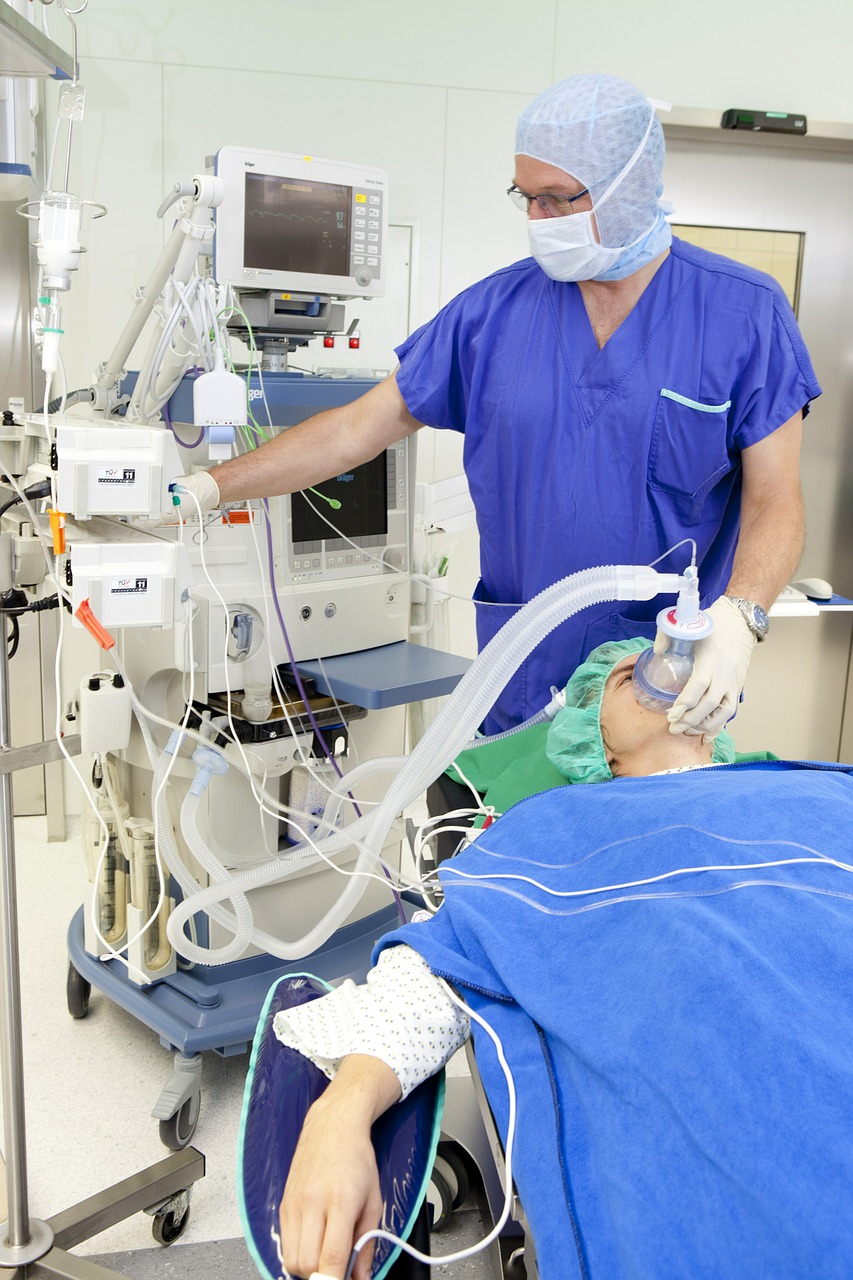What is Hernia?
A hernia usually happens when an organ squeezes through an opening in the muscle or tissue that holds it set up. For instance, the intestines may get through a debilitated zone in the abdominal wall.
Several types of hernias happen in the abdomen between your chest and hips, yet they can likewise show up in the upper thigh and crotch or groin area.
Most hernias aren't promptly life-threatening, yet they don't leave them all alone. Here and there they can require Hernia Surgery to forestall dangerous complexities.
Explore more on Hernia and its causes.
Symptoms of Hernia
The most widely recognized symptom of a hernia is a lump or bulge in the influenced area. For instance, on account of an inguinal hernia, you may see a lump on either side of your pubic bone where your crotch and thigh meet.
- An obvious swelling under the abdomen or groin's skin; it may disappear when you lie down and may be tender.
- A heavy abdominal sensation that is rarely accompanied by constipation or blood in the stool.
- Abdomen or groin discomfort when lifting or bending over.
A few kinds of hernia, for example, hiatal hernias, can have progressively explicit symptoms. These can incorporate things like indigestion, trouble swallowing food, and chest pain.
Much of the time, hernias have no symptoms. You may not realize you have a hernia except if it appears during a routine physical or a clinical test for hernia for an irrelevant issue.
Types of Hernia
Hernia Diagnosis
To analyze your condition, our hernia surgeon will initially perform a physical examination. During this examination, you may feel for a lump in your stomach or crotch area that gets bigger when you stand, cough, or strain.
Our surgeon will also conduct a detailed examination of medical history. They may ask you a variety of questions and you daily routine, including things like:
- When did you first identify the lump or bulge?
- Have you experienced any symptoms like fever, vomiting, and nausea, etc.?
- Do you believe that there was something specific that may have made it happen?
- Tell us more about your daily routine and lifestyle. Does your occupation include heavy weightlifting? Do you practice intense workouts daily? Do you have a history of smoking?
- Do you have an individual or family ancestry of hernias?
- Have you ever undergone any kind of surgical procedure involving your abdomen or crotch?
Our surgeons will likewise likely use imaging tests to diagnose. These can incorporate things like:
- Abdominal ultrasound, which has high-frequency sound waves to make an image of the structures inside the body.
- CT scan, which consolidates X-rays with the latest technology to deliver an image.
- MRI scan, which uses a mix of strong magnets and radio waves to make an image.
On the off chance that a hiatal hernia is suspected, our doctor may use some other tests that allow them to evaluate the internal area of your abdomen:
- Barium X-Ray or Gastrografin, which is a progression of X-ray images of the digestive tract. The images are recorded after you've finished drinking a fluid containing diatrizoate meglumine and diatrizoate sodium (Gastrografin) or a fluid barium arrangement. Both appear well on the X-ray images.
- Endoscopy, which includes stringing a small camera appended to a tube down the throat and into the esophagus and stomach.
Hernia Surgery
If hernia is growing bigger or causing pain, our specialist may choose it's best to plan a surgery. They may follow the open surgery for hernia by sewing the gap in the abdominal wall closed during surgery.
Hernias treatment can be followed with either open or laparoscopic surgery. Laparoscopic surgery uses a small camera and special surgical equipment to repair the hernia with a couple of small incisions. It's likewise less harmful to the surrounding tissue.
- Open surgery- Open Surgery Start with anesthesia, then the incision is made which is around 2.5 - 3 inches near the site of the hernia. The surgeon pushes the hernia or bulging tissue back to the exact location, then a mesh can be placed which acts like a scaffold so that your tissue can recover, and the problem muscle gets its strength back. This is usually done by patching the opening with surgical mesh. At last, they close the incision.
- Keyhole (laparoscopic) surgery– It allows the surgeon to perform surgery with minimal invasion, the special instrument is used in the surgery including a tiny camera that increases the surgeon's precision.
A laparoscopic hernia repair is a viable option for some hernias, but not all of them. In the event that the hernia needs to be repaired by open surgery, our surgeon will consult with you to determine which type of surgery would be most beneficial given your current state of health.
Possible complications after hernia surgery
There are chances that risks and complications come after surgery which you need to be aware of such as:
- Reoccurrence of the hernia.
- the build-up of seroma or a fluid-filled sac under the surface of the skin
- inability or difficulty urinating
- organ or tissue damage
- wound infection
- Rejection of the mesh.
What is the cost of the hernia surgery?
The hernia surgery may be covered by your medical insurance policy so discuss with your insurance company, the cost of surgery depends on the condition of the patient and surgical procedure you choose.
Recovery time after Hernia Surgery
Many patients who have laparoscopic surgery to repair laparoscopic hernia can go home the same day. The recovery time is roughly 1 to 2 weeks. After 1 to 2 weeks, you can most likely return to the light activity. Tough exercise will wait until after 4 weeks of recovery.
It's imperative to perceive the symptoms of a hernia and to see your primary care physician on the off chance that you presume that you have one. An untreated hernia won't cure itself. Our healthcare experts can evaluate your hernia and decide how it can best be dealt with.
Early medical examination and care along with a change in lifestyle can limit the symptoms. However, surgery is the best way to adequately treat a hernia. Our hernia surgeon can advise you on the best course of action among the different surgical procedures for hernia repair. However, there are two surgical methods to choose from: Open hernia surgery and laparoscopic hernia surgery. The prognosis for hernia repair surgery is considered to be very good, however it can rely upon the nature of the hernia, symptoms, and overall health.


